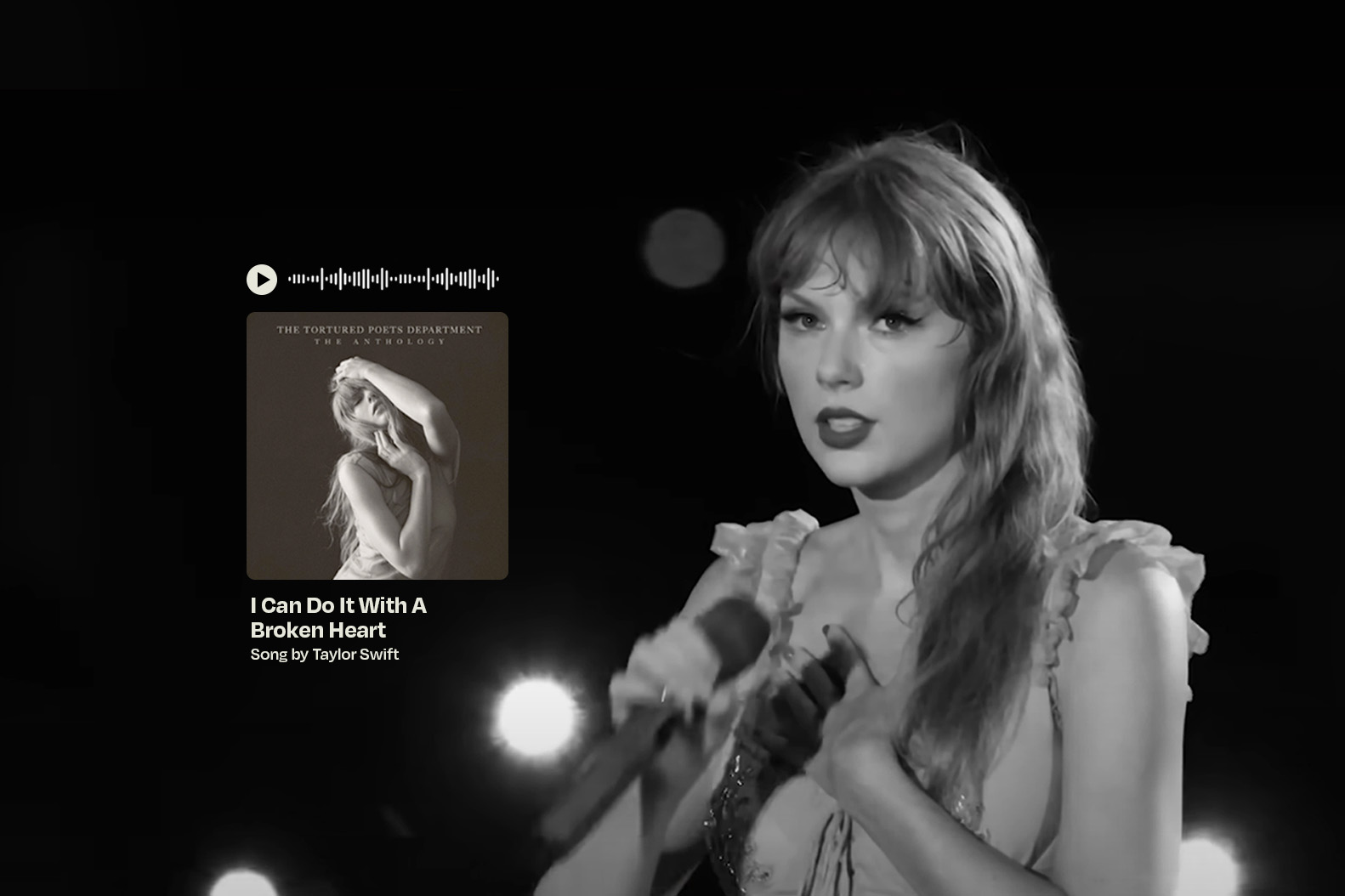Last week, I made a sarcastic joke at my colleague’s expense and instantly felt horrible.
The joke was the savage kind that the Internet would have celebrated, but honestly, just because it was funny doesn’t mean it wasn’t hurtful. Unfortunately, I wasn’t quick enough – the pun left my mouth the moment it slipped into my mind.
I apologised immediately, and thankfully, my colleague graciously forgave me. Despite my multiple apologies and my colleague’s extension of grace, I felt horrible every time it crossed my mind for the rest of the week.
It reminded me of my younger, nastier self – a person I thought was well behind me.
just because it was funny doesn’t mean it wasn’t hurtful.
Growing up, my love language was always words of affection … But words were also my weapons.
I could convey my appreciation for others with words just as easily as I could bring them to tears. It was arguably a result of my circumstances: Coming from a single-parent family, I often felt that I had to protect and look out for myself.
So I fought to be loved and would speak pleasantries when I wanted someone to like me. And on the other hand I fought to be respected and would not hesitate to deliver stinging barbs to that same person if I felt threatened.

When I rededicated my life to Jesus a few years ago, the Lord revealed to me how much hurt my words had caused to those around me, when I read about the mockery and physical violence Jesus experienced before He was crucified (Mark 14:55-65).
Jesus experienced the most painful rejection. He was rejected by those He came to save, and as He carried the weight of the world’s sin – even Father God. Though He knew that such suffering was a part of the Father’s plan for salvation, the burn must still have been real.
Through that chapter, I saw the wisdom behind holding my tongue. Death and life are in the power of the tongue!
Coming from a single-parent family, I often felt that I had to protect and look out for myself.
In today’s digital world, we lose words like arrows without impunity – as if there isn’t a real person behind the username. We read of netizens taunting each other callously, even to the point of applauding and encouraging a stranger’s attempt to commit suicide.
Unlike online comments which can be edited or deleted – spoken words can’t. They either encourage or destroy. The tongue’s power is reiterated in the Bible as well, “Death and life are in the power of the tongue, and those who love it will eat its fruits.” (Proverbs 18:21).
The words that leave our mouths leave an impact on the listener’s heart. We get to decide what kind of impact that is. I remember being stunned and ashamed when my mother recounted the hurtful words I said to her years ago in childish spite.
“How about the tender words I’ve written in your cards?” I sputtered in defence.
“I don’t remember those exactly, but I do remember the heart behind it,” was her casual response. Out of the overflow of the heart the mouth speaks. What do our words say about what’s in our hearts?
Reflecting over the weekend, I realised my shame was also mingled with disappointment.
I was disappointed because despite my genuine attempts at living life with God at the centre and actively restraining my tongue, I still succumbed to the impulsiveness of my heart. I was convicted of the complacency that had set in.
So what if I was a cell leader in church or serving in a Christian organisation? Simply daily things like the content of my conversations reflect my faith and heart more than the positions I hold.
But my heart remains a work in progress. I’m still being pruned and refined each day. So as much as I “burned” my colleague, the impurities of my carnal nature are being burned away as well.
And I’m thankful for that.









